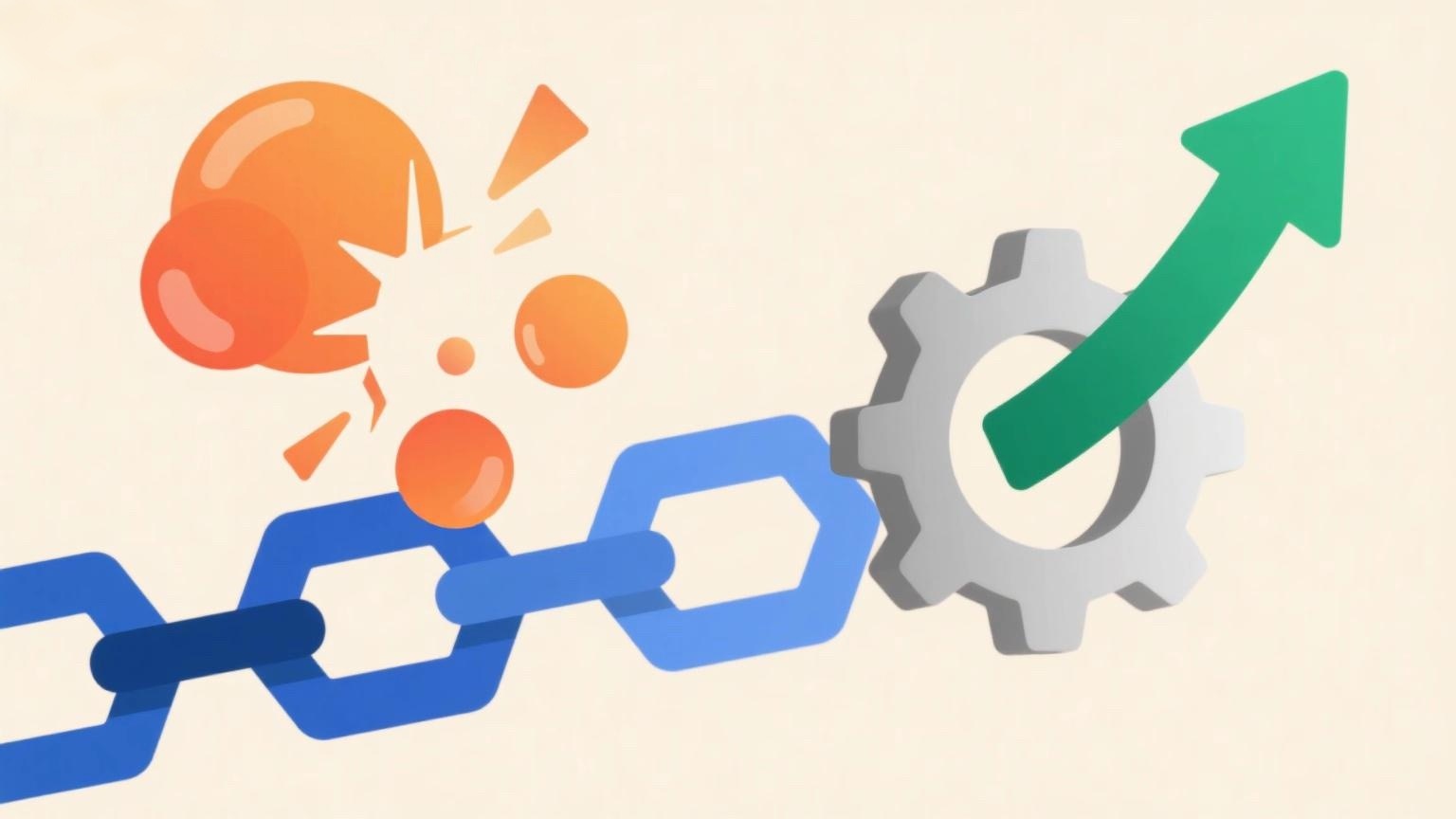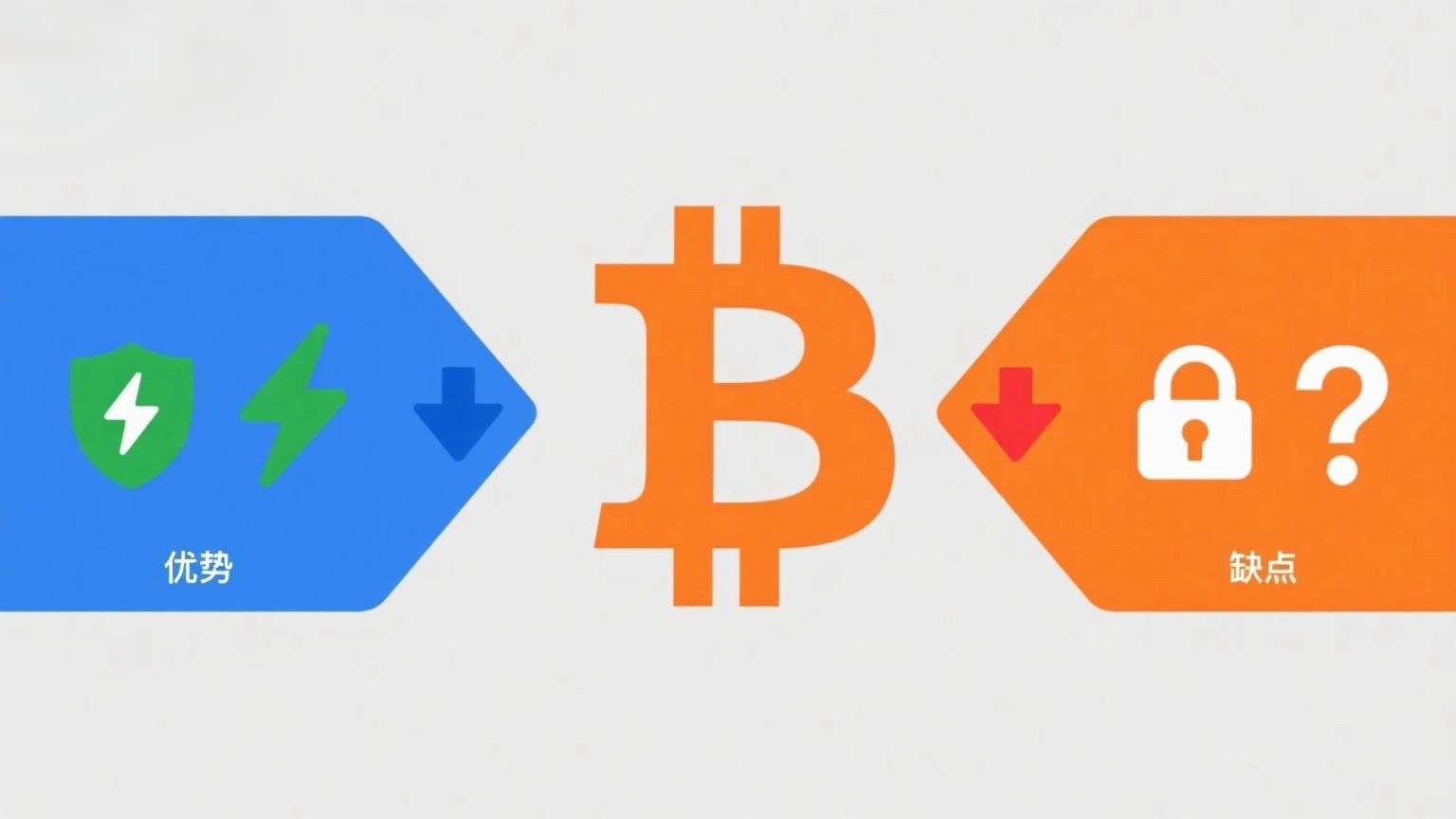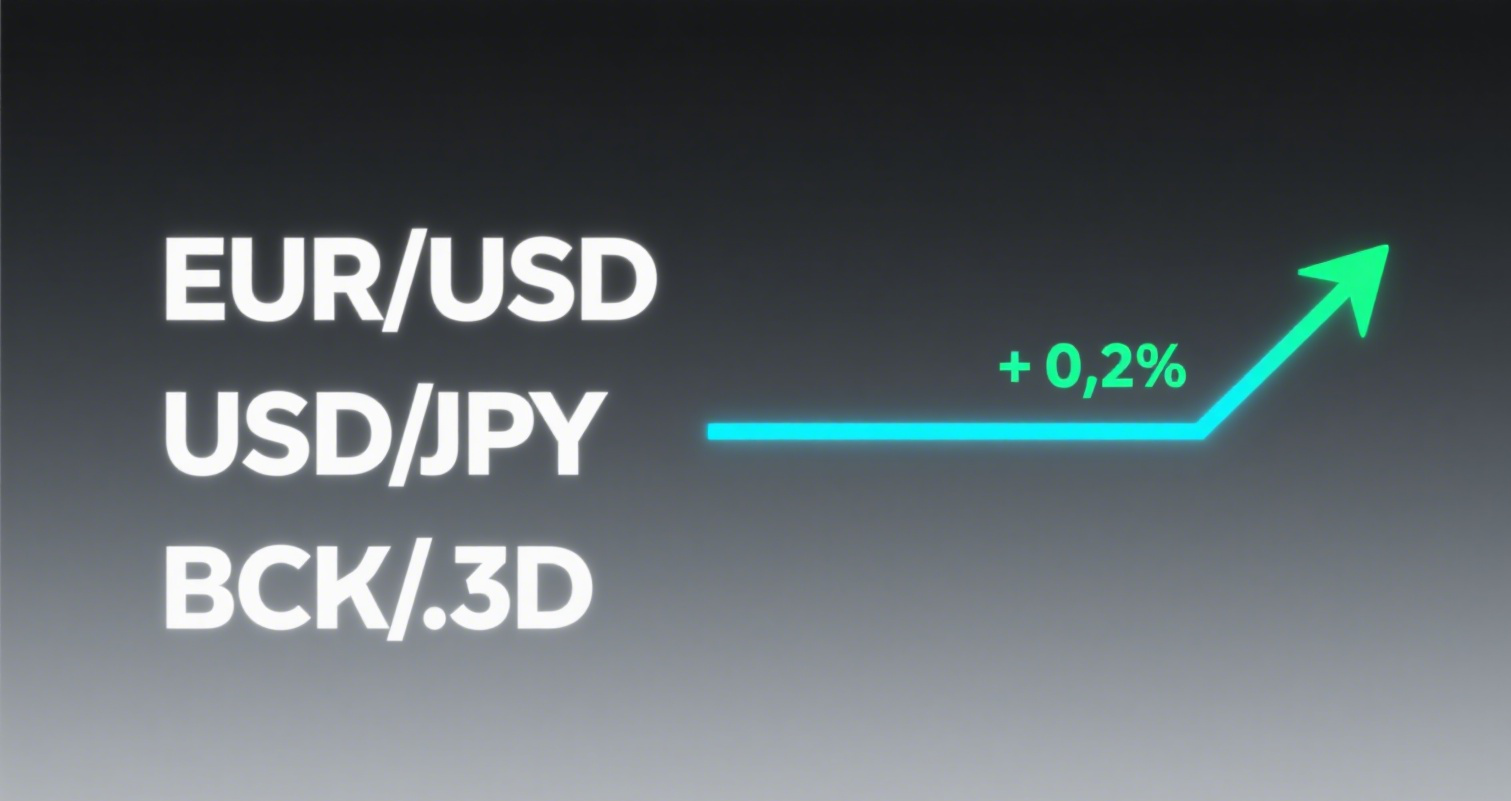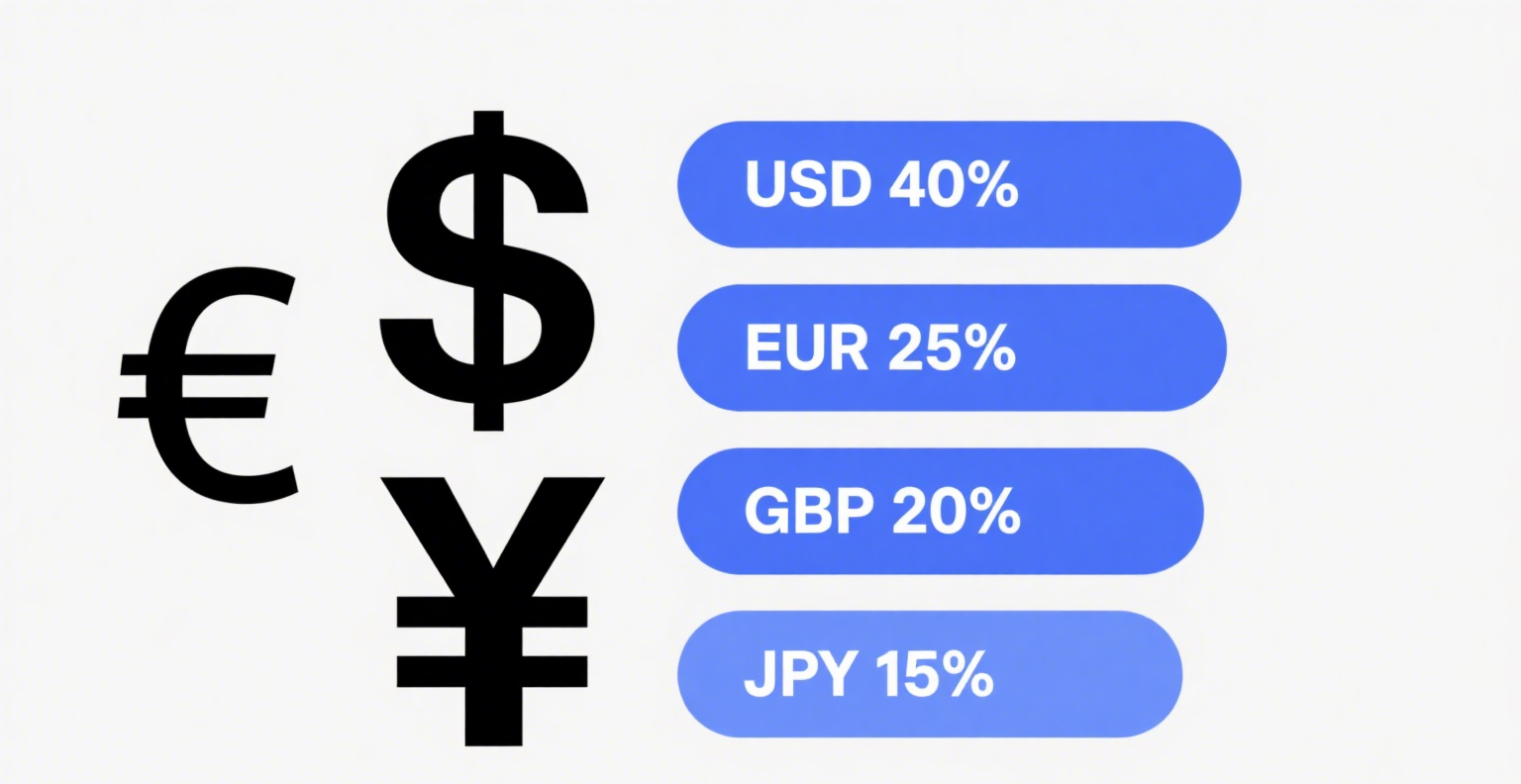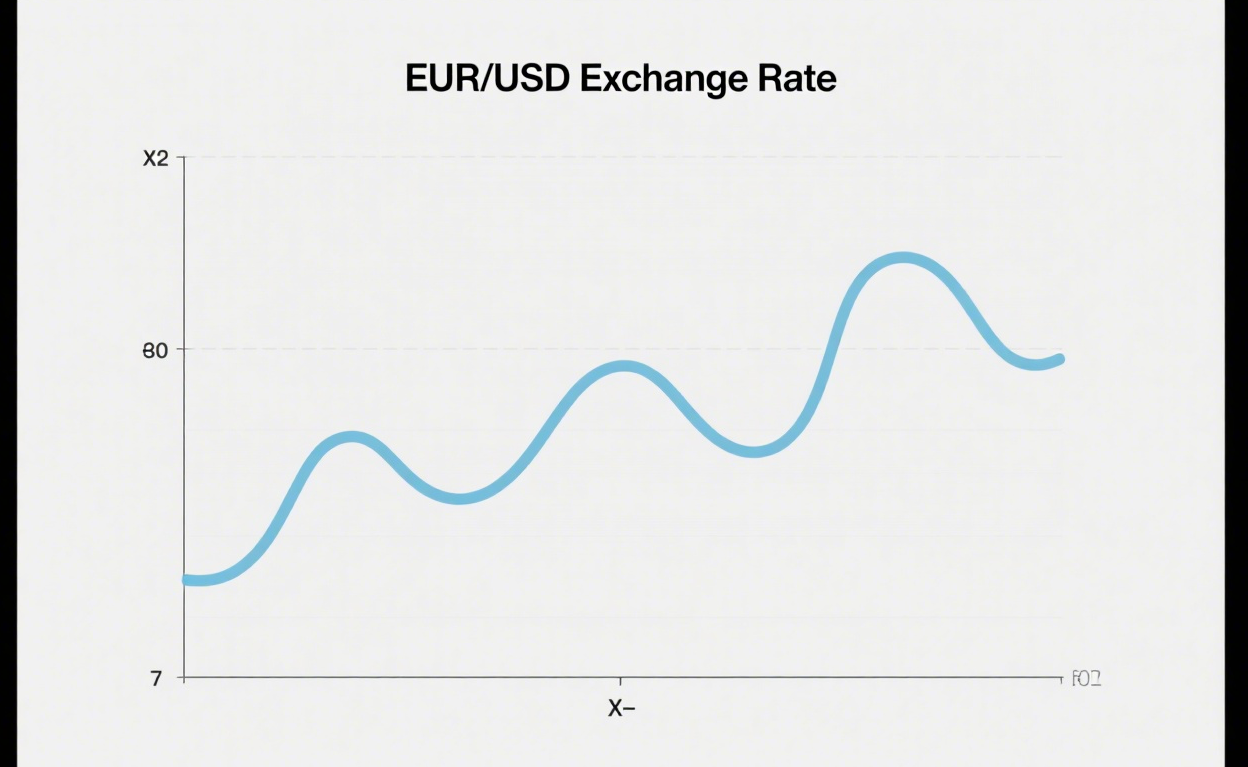
2. Common Psychological Traps in Trading
-
Subjective Dogmatism
Every trader has their own beliefs about what will or won’t happen in the market. However, subjective assumptions and rigid thinking are dangerous because the market is always right. If your view contradicts the market, study your mistakes instead of blaming the market. Staying objective is crucial.
Unexpected events happen frequently, no matter how improbable they seem. Trading tools and methods are static, but markets are dynamic. Just because something happened a certain way before doesn’t mean it will repeat. The market may react differently to the same news next time. The only constant is that the market always takes the least expected path.
Human predictions are always speculative. Historically, those who catch major tops or bottoms are rarely the same people. Traders must avoid overconfidence. If an event is truly unexpected, it will reflect in extreme price movements. By staying objective, hypothesizing boldly, verifying cautiously, and managing risk, consistent profits are achievable—but chasing huge gains requires taking huge risks. The idea of consistently beating the market is often just wishful thinking.
-
Repeating Mistakes
"Know thyself"—analyzing mistakes is key to improvement. When successful, people credit their brilliance; when failing, they blame luck. Admitting errors allows growth. Successful traders face reality, learn from mistakes, and avoid repeating them.
Traders, like athletes, have on and off days. Regularly ask: "Am I investing wisely or gambling?" "Am I following or fighting the trend?" "Am I mirroring the crowd?" "Is the risk worth it?" "Is this trade short-term or long-term?" This reinforces discipline and corrects mistakes early.
"Mistake → Correct → Repeat → Correct again"—even the best traders go through this cycle. Never making mistakes is impossible. The real danger is not learning from them. As the saying goes, "To err is human, to repeat is foolish." Those wiped out in markets often step on the same landmine multiple times. Chasing trends occasionally is normal, but doing it repeatedly is a recipe for disaster.
-
Stubbornness
"Among any three people, there is always a teacher." Markets change rapidly—learning from others, especially failures, is invaluable. History repeats; today’s losers may be tomorrow’s examples. Avoiding failure is often more important than chasing success. But learning doesn’t mean blind imitation—adopt strengths, discard weaknesses. -
Mind-Action Disconnect
Some traders plan meticulously but falter in execution. For example, they intend to buy on dips but hesitate when others sell. Others, with no plan, impulsively follow crowds.
Some endlessly wait for "cheaper" prices, missing rallies. Misjudging trends and timing often go hand in hand. Investors must combine technical analysis with macroeconomic awareness to act decisively—buy when needed, sell when required.
-
Herd Mentality
In trading, the majority isn’t always right. When everyone rushes to buy, the top nears; when panic selling hits, the bottom is near. Following the herd often leads to losses. Breaking free brings clarity—like finding a quiet path in chaos or being the sober one in a drunken crowd.
During extreme volatility, traders act frantically. If the trend reverses, one person’s panic triggers a stampede, ignoring all rules. Ironically, the herd’s direction is usually wrong. Jumping in aggressively and fleeing at the first sign of trouble is a losing strategy. Speed isn’t always an advantage—it may work once or twice but fails over time.
-
Trading Addiction
Some traders can’t stand holding cash and jump into trades recklessly, suffering "buy-high, sell-low" cycles. Impatience turns them into "bag holders." This "trading addiction" is avoidable.
Two Causes:
-
Entering Too Early—Without understanding market phases, traders flip positions, missing real opportunities.
-
Lacking Patience—Institutions often manipulate prices to shake out weak hands. Recognizing their tactics and holding strategically avoids traps and even profits from their moves.
How to Avoid It?
-
Don’t "Predict the Peak"—Premature entries based on charts alone lead to frustration. Balance technicals with fundamentals for better timing.
-
Pyramid Selling—Scale out gradually: Sell 1/6 at the first target, 2/3 at the second, and the rest at the third. Dumping all at once risks mistiming the exit.








